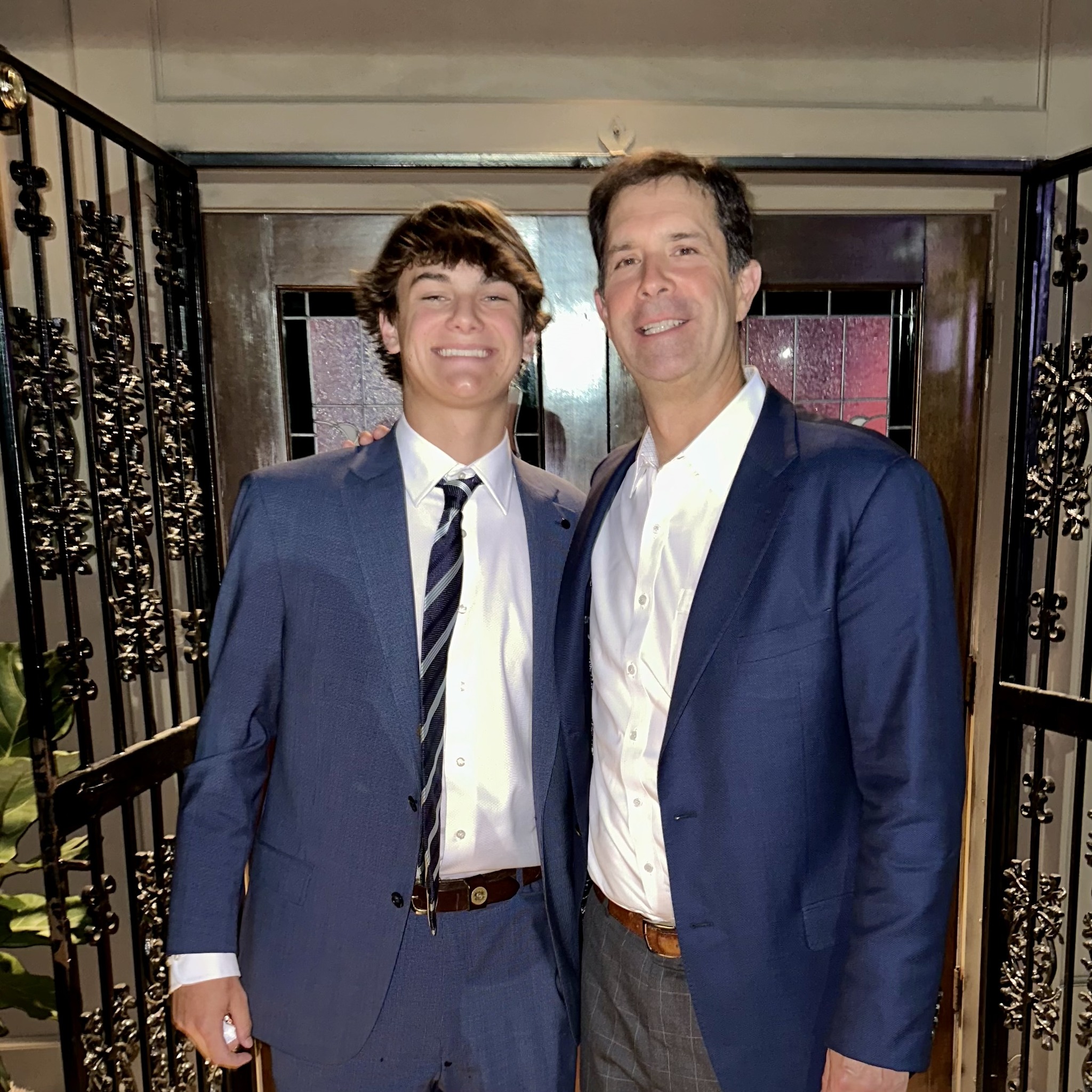
Want to know how iGen sees the future? Ask iGen
Posted On June 5, 2023
My guest on the latest episode of “What’s Working with Cam Marston” needs no introduction – not to me, anyway. He’s my son, Spencer Marston, and I invited him on the show to share his perspective on his generation’s views on work and leadership.
It has been a tradition of mine to interview my children after they graduate from high school and prepare to head off to college. While this is great fun for me, it’s also an opportunity to find out what iGen thinks about current trends and their feelings toward the future.
As Spencer heads off to the University of Alabama, he’s concerned about many things going on in the world today – the divisive political climate, the potential ramifications of the Russian invasion of Ukraine, and the potential for artificial intelligence to make many jobs obsolete.
In fact, he’s taking that potential into account as he selects his own career path. He hopes to become either a lawyer or an entrepreneur. If he were to start a business, however, it’d have to be one that he considers “timeless” – namely, “something that couldn’t get replaced by automated computers.”
While his only use of artificial intelligence so far has been using ChatGPT to give him a prompt for a research paper, he can also see many other beneficial uses for the technology – particularly advancements in medicine and science.
One thing he isn’t worried about is the trend of working remotely. He believes companies are going to have to create some incentives if they want everyone to work in the office.
“Depending on your job, you should be able to work from home, but there’s many jobs where they need you there,” he said. “And those jobs where they need you there I think should be more valued than the people working from home. … They should be compensated slightly more.”
You might be surprised, however, to hear how he views the differences between his generation and that of his parents.
“I think as a whole the generation is a lot softer than previous generations because of the internet, because of things they’ve seen,” he said. “They know more of what’s going on in the world so it makes you a little more sensitive to things like global warming and stuff that’s going on in the environment.”
He sees pluses and minuses in his generation’s awareness and sensitivity. It’s generally more empathetic, he believes, but a downside has been the emergence of “cancel culture.”
“I think it’s definitely very important for kids these days to get off their phones and go do something,” he added, “hang out with friends instead of just sitting there on their phone.”
Sounds like something my generation would say.